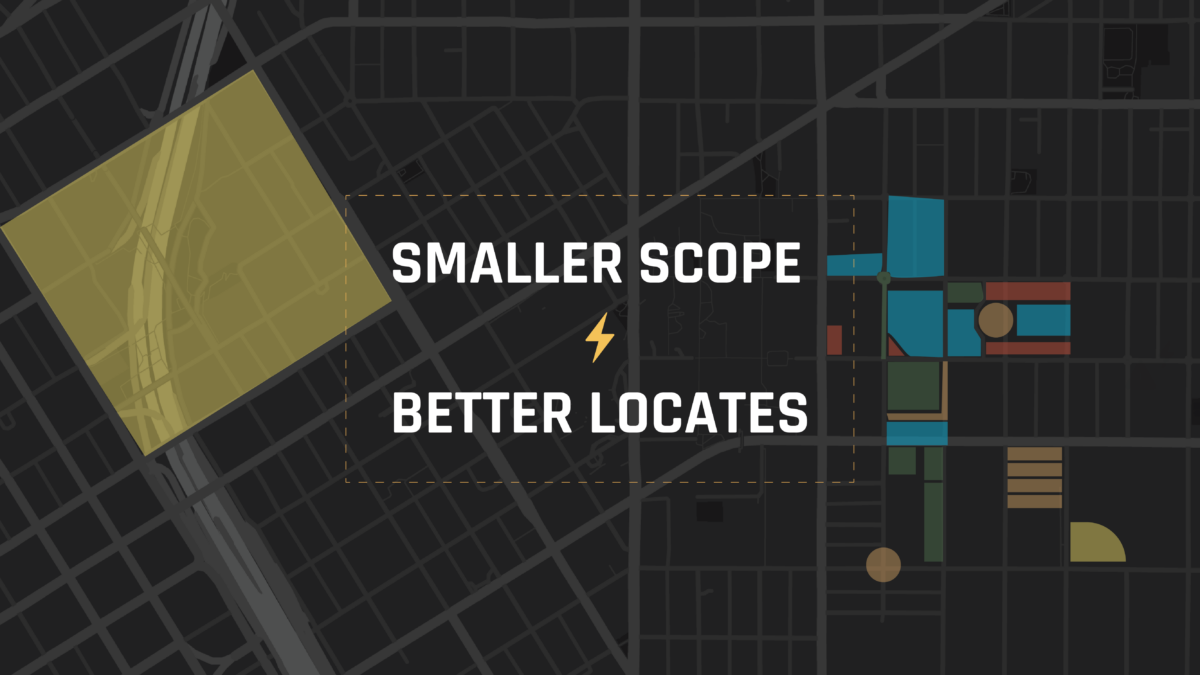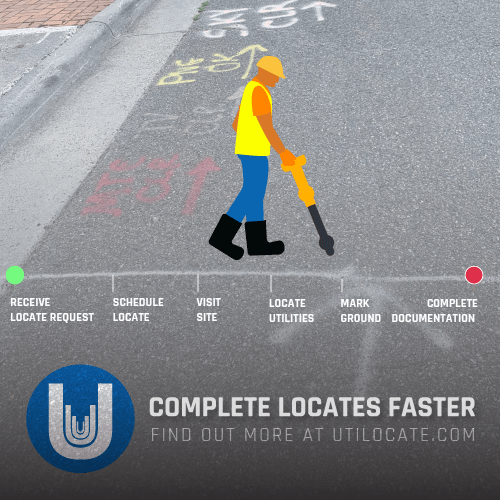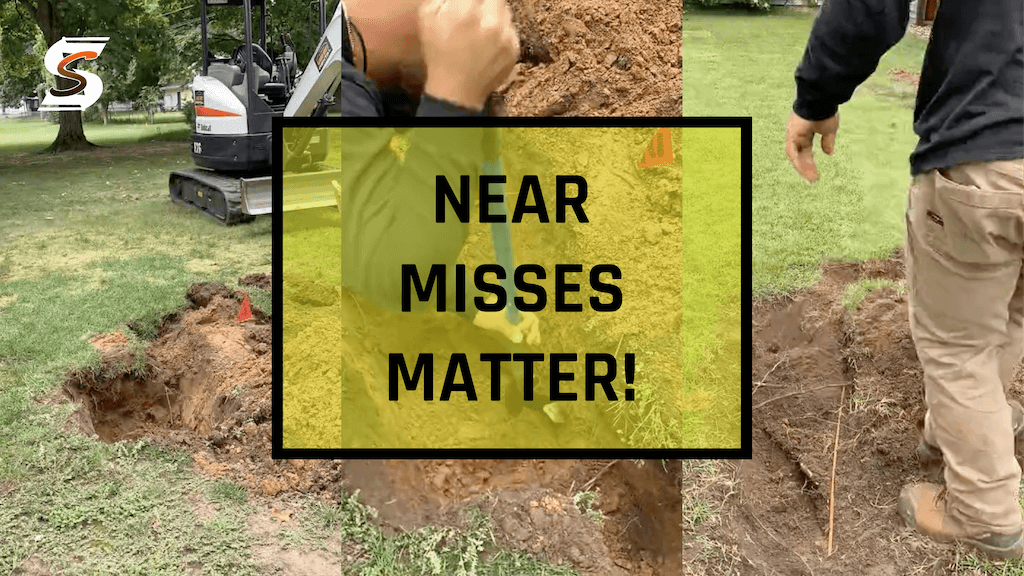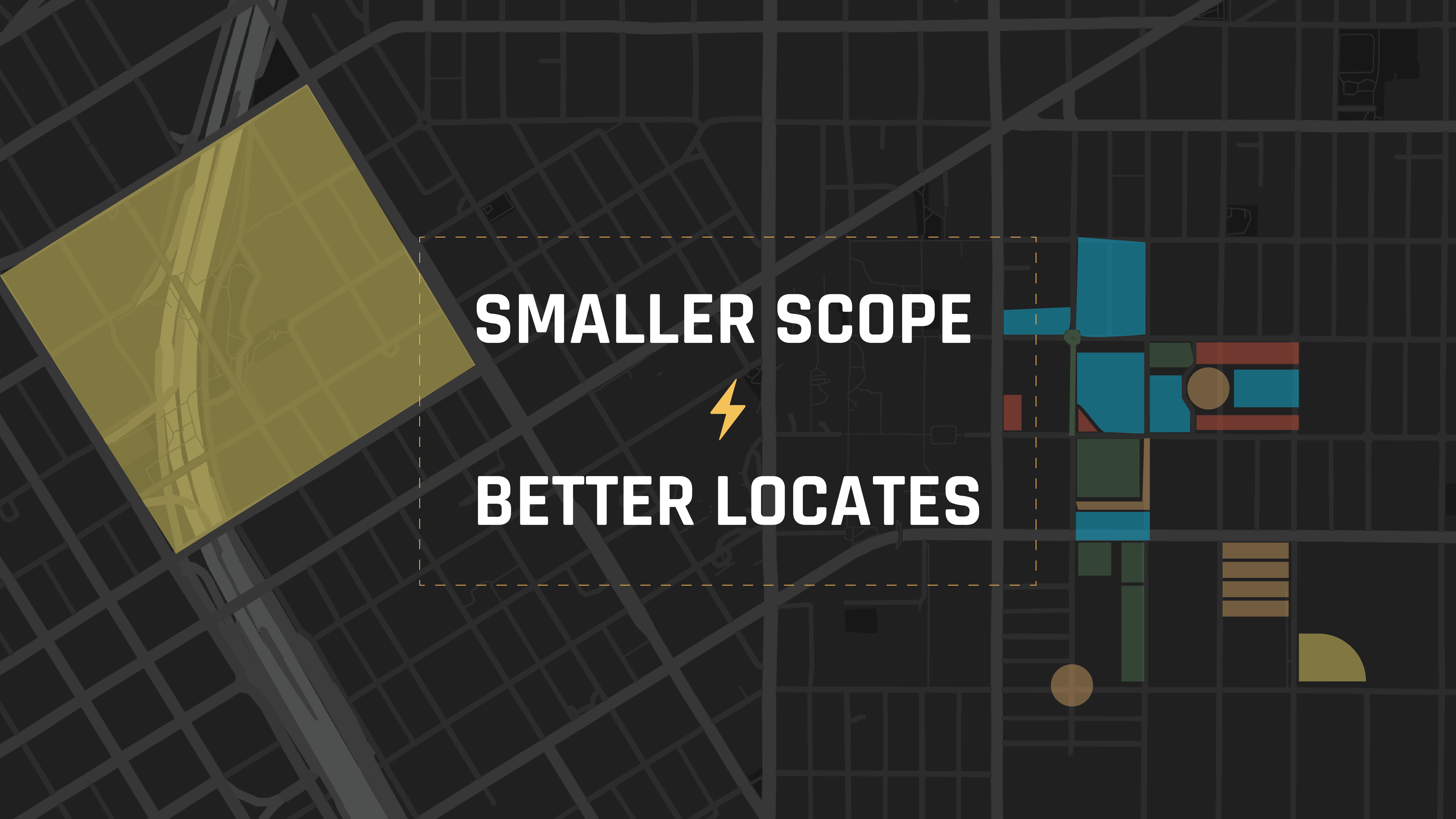
In the fast-paced world of construction and excavation, the importance of effective communication and collaboration cannot be overstated. As someone deeply entrenched in the operations of both Utilocate and UExcavate, my role provides me with a unique vantage point that involves regular interactions with locators and excavators. Our shared mission is clear: to minimize damages in the industry and ensure the safety of all involved parties. One of the strategies we are implementing to achieve this is by creating a platform for all stakeholders to voice their perspectives, fostering enhanced communication that involves both speaking and, crucially, listening. In this discourse, I'd like to delve into the concept of reducing the size of locate request areas, exploring the benefits this shift offers to both locators and excavators.
The heart of our effort revolves around the idea of transforming how locate requests are processed. Traditionally, locate requests have often been comprehensive in scale, covering vast areas that might not necessarily be relevant to the excavation project at hand. This practice, while aiming to provide comprehensive information, has led to several challenges, including delays, errors, and misinterpretations, thus increasing the risk of accidents and damage to underground utilities. Recognizing these challenges, the industry is shifting toward a more efficient and focused approach: compact scope locate requests.
The concept of compact scope locate requests is grounded in the principle of precision. Instead of inundating locators with extensive information, these requests focus on the essential details required for the specific excavation task. This streamlined approach offers a plethora of advantages for both locators and excavators, contributing to more streamlined processes and ultimately fostering safer excavation sites.
One of the most immediate and impactful benefits of using smaller, more precise locate requests is the significant efficiency gains. The processing time for these requests is notably shorter, empowering locators to effectively manage a larger volume of requests within a given timeframe. This not only expedites the entire excavation process but also enhances the industry's capacity to handle a higher number of projects concurrently. The rapid turnaround time ensures that projects move forward without unnecessary delays due to cumbersome and time-consuming processing.
Furthermore, the inherent accuracy of compact scope locate requests plays a pivotal role in expediting excavations. By providing only the crucial details, these requests minimize the potential for errors and misinterpretations. This is particularly vital in an industry where miscommunications can lead to costly mistakes and safety hazards. Both locators and field crews find these requests easier to comprehend, resulting in quicker information processing and confident decision-making among excavators. This newfound clarity enables excavators to begin their work promptly within the designated protected area, reducing the risk of unintentional damage to utilities.
Another notable advantage of adopting compact scope locate requests is their ability to alleviate the workload burden on locators. Those responsible for locating underground utilities often handle a significant volume of requests, making it imperative to maintain focus and organization. Smaller requests naturally offer a more manageable workload, enabling locators to allocate their time and resources more effectively. This increased efficiency enhances the accuracy of marking underground utility lines, which, in turn, mitigates the risk of accidents and injuries during excavation. The benefits of this approach are particularly evident when dealing with retransmitted requests. Instead of requiring a comprehensive re-marking of the entire worksite, locators can focus on specific areas that need attention, improving efficiency and precision.
Efficient prioritization is yet another compelling argument for embracing compact scope locate requests. By narrowing down the requested area to only what's necessary, locators can swiftly identify urgent matters that require immediate attention. This proactive stance is essential in preventing potential damage to underground utilities, thereby mitigating risks such as gas leaks or water contamination. Through this approach, locators can strategically allocate their resources to areas that need the most attention, enhancing overall safety and minimizing the potential for costly accidents.
In addition to the safety benefits, there's a significant cost-efficiency dimension associated with compact scope locate requests. Their streamlined nature requires fewer resources and less processing time compared to larger requests. This cost-saving effect translates not only to excavators but also to organizations as a whole. The expedited initiation of certain project aspects can occur, minimizing downtime while simultaneously addressing the more intricate elements of the request. This allows excavators to get to work sooner, improving project timelines and enhancing overall efficiency.
In conclusion, my involvement with Utilocate and UExcavate has provided me with invaluable insights into the construction and excavation industry's inner workings. The move toward compact scope locate requests is a testament to the industry's commitment to safety, efficiency, and effective communication. By focusing on precision, these requests offer a range of advantages, from expedited processing and minimized errors to enhanced prioritization and cost savings. The collaborative effort of locators, excavators, and all stakeholders involved in the process is shaping a safer and more efficient future for excavation projects. Through active communication, embracing innovative practices, and understanding the benefits of compact scope locate requests, we can collectively reduce damages and create a more secure environment for all.
Let me know what you think?
And feel free to reach out - kyle@competers.com
Share this Post
